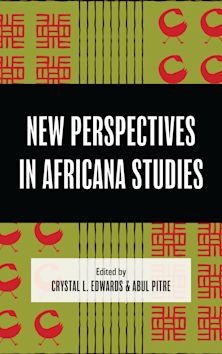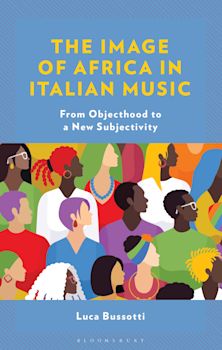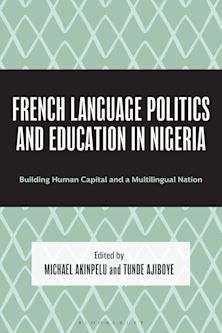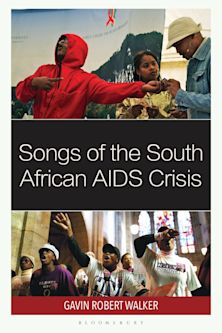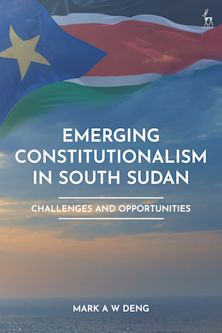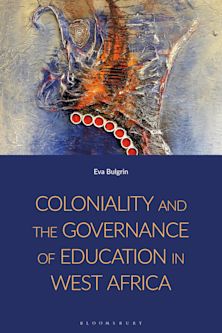- Home
- ACADEMIC
- African & Africana Studies
- African and Africana Studies - Other
- A Companion to African Rhetoric
A Companion to African Rhetoric
Segun Ige (Anthology Editor) , Gilbert Motsaathebe (Anthology Editor) , Omedi Ochieng (Anthology Editor) , Aliyu Yakubu Abdulkadir (Contributor) , Femi Abiodun (Contributor) , Rufus O. Adebayo (Contributor) , Yunana Ahmed (Contributor) , Petrina Batholmeus (Contributor) , Yomi Daramola (Contributor) , Kela Nnarka Francis (Contributor) , Nancy Henaku (Contributor) , Busayo Olamide Ige (Contributor) , Segun Ige (Contributor) , Jairos Kangira (Contributor) , Stanley Madonsela (Contributor) , Rewai Makamani (Contributor) , Gilbert Motsaathebe (Contributor) , Omedi Ochieng (Contributor) , Mabel Osakwe (Contributor) , Ruby Pappoe (Contributor) , Aaron X. Smith (Contributor) , Olusegun Stephen Titus (Contributor) , Dennis L. Winston (Contributor)
A Companion to African Rhetoric
Segun Ige (Anthology Editor) , Gilbert Motsaathebe (Anthology Editor) , Omedi Ochieng (Anthology Editor) , Aliyu Yakubu Abdulkadir (Contributor) , Femi Abiodun (Contributor) , Rufus O. Adebayo (Contributor) , Yunana Ahmed (Contributor) , Petrina Batholmeus (Contributor) , Yomi Daramola (Contributor) , Kela Nnarka Francis (Contributor) , Nancy Henaku (Contributor) , Busayo Olamide Ige (Contributor) , Segun Ige (Contributor) , Jairos Kangira (Contributor) , Stanley Madonsela (Contributor) , Rewai Makamani (Contributor) , Gilbert Motsaathebe (Contributor) , Omedi Ochieng (Contributor) , Mabel Osakwe (Contributor) , Ruby Pappoe (Contributor) , Aaron X. Smith (Contributor) , Olusegun Stephen Titus (Contributor) , Dennis L. Winston (Contributor)
This product is usually dispatched within 1 week
- Delivery and returns info
-
Free US delivery on orders $35 or over
You must sign in to add this item to your wishlist. Please sign in or create an account
Description
A Companion to African Rhetoric, edited by Segun Ige, Gilbert Motsaathebe, and Omedi Ochieng, presents the reader with different perspectives on African rhetoric mostly from Anglophone sub-Saharan Africa and the Diaspora. The African, Afro-Caribbean, and African American rhetorician contributors conceptualize African rhetoric, examine African political rhetoric, analyze African rhetoric in literature, and address the connection between rhetoric and religion in Africa. They argue for a holistic view of rhetoric on the continent.
Table of Contents
Preface and Acknowledgements
Introduction by Segun Ige
Part I: Conceptualizing African Rhetoric
1.What is African Rhetoric? The Constitutive Imagination in Olaudah Equiano's The Interesting Narrative and Other Writings
Omedi Ochieng
2.Towards an Understanding of African Rhetoric: A Decolonial Approach
Yunana Ahmed
3.African Oral Tradition: A Twenty-First Century Perspective
Rewai Makamani
4.Classical Rhetorical Ethics: Implications for African Rhetoric
Segun Ige
Part II: African Political Rhetoric
5.Real and Imagined: African Union's 100-Year Construction of Africa (1963-2063)
Segun Ige
6.A Tale of Two Namibian Political Parties: A Stylistic and Rhetorical Analysis of the 2014 Election Manifestos of SWAPO and DTA Political Parties
Petrina Batholmeus and Jairos Kangira
7.Alienation in Contemporary African Presidential Rhetoric: Muhammadu Buhari and Biafra Rhetorical Performance
Aliyu Yakubu Abdulkadir
Part III: African Rhetoric, Languages, and Literature
8.An Afrocentric Appro
Product details
| Published | Sep 23 2022 |
|---|---|
| Format | Hardback |
| Edition | 1st |
| Extent | 368 |
| ISBN | 9781793647658 |
| Imprint | Lexington Books |
| Illustrations | 4 b/w illustrations; 5 tables; |
| Dimensions | 9 x 6 inches |
| Publisher | Bloomsbury Publishing |
About the contributors
Reviews
-
A Companion to African Rhetoric does a wonderful job of introducing the diversity of concerns, objects, and approaches in the study of African rhetorics.
Kundai Chirindo, Lewis & Clark College
-
A Companion to African Rhetorics is long overdue. Editors Ige, Motsaathebe, and Ochieng, along with 17 other scholars, have assembled the most comprehensive introduction—to date—to the breadth and depth of scholarship in African rhetorical traditions, showcasing surprisingly diverse theoretical origins, practices, languages, and literatures. In brilliant comparative fashion, each essay in this collection either disrupts, enriches, or troubles existing assumptions about what is (or is not) inherently African, rhetorical, democratic, and diasporic, attending to communicative theories and practices that have emerged from within—or more importantly, emerged across and between—colonial borders and contexts. Wenze kahle!
Tarez Samra Graban, Florida State University
-
The first of its kind among studies of rhetoric in Africa, A Companion to African Rhetoric isa rich collection of essays covering a wide variety of rhetorical topics. With exceptional depth and scope—from deft theoretical treatises to insightful rhetorical analyses, critical commentaries, and empirical studies—the book will be a game changer in rhetorical studies, in global and comparative rhetorics. And it will likely set a new paradigm for the study of African and African Diaspora rhetorics.
Kermit Campbell, Colgate University
-
A Companion to African Rhetoric is a comprehensive book that seeks to unravel the hiatus between rhetoric and reality. Tapping from different academic disciplines, A Companion to African Rhetoric stretches our imagination to a point where we are persuaded that indeed, ‘rhetoric’ is not non-reality, but a counternarrative to what is considered commonsense. To the extent that rhetoric is constructed based on what could have been included in a text, but has not, the power of rhetoric and the rhetoric of power is elevated to a space of interpretive and political contestations. Never since Plato has the science of rhetoric become the medium of debating philosophy, politics, religion and language which are mediated in Africa. This book contributes significantly to African scholarship because the ethics of African rhetoric demonstrates an important African way of knowing and disseminating knowledge. Whether that knowledge empowers Africans always is what the reader will experience after reading the book. The book is aimed at African universities and the global knowledge marketplace of ideas where even though multi-disciplinarity is celebrated, there is uniqueness in a book whose capacity is to dialogue with other forms of knowledge within and across disciplines.
K. B. Khan, University of South Africa

ONLINE RESOURCES
Bloomsbury Collections
This book is available on Bloomsbury Collections where your library has access.












